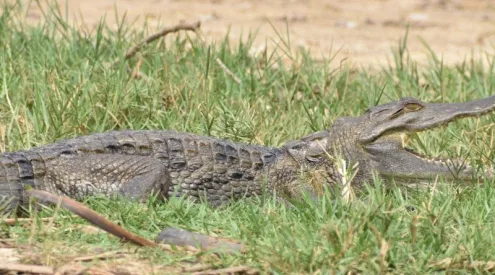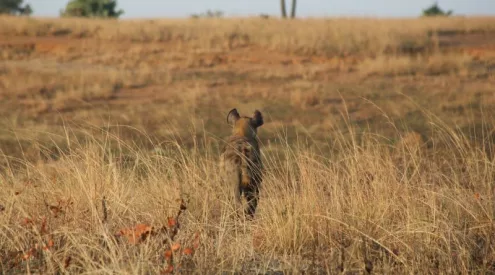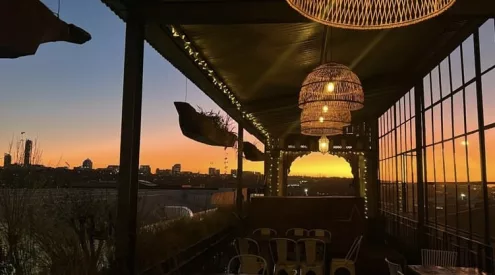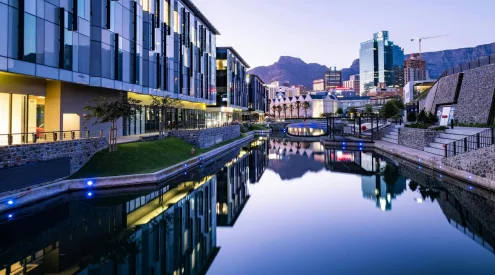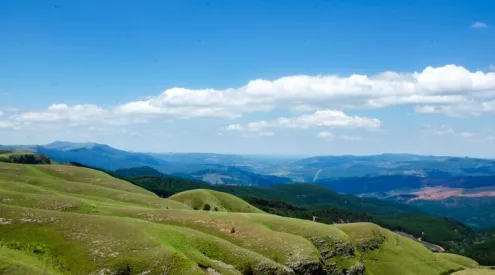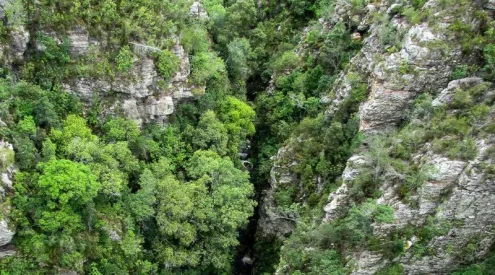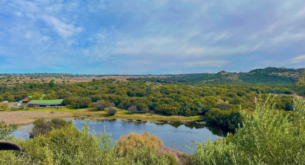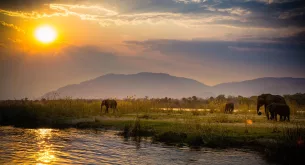In a recent social media post, the World Economic Forum listed the 10 top cities in the world when it comes to their tree canopy coverage.
10. Amsterdam
View this post on Instagram
Just a month ago, the popular Dutch capital announced plans to uproot over 11,250 parking lots by 2025 in a bid to plant more trees, among other infrastructure like bicycle lanes and pavements. About a decade ago, Amsterdam had about 100,000 more trees than the romance capital of the world, Paris. The city’s tree-hugging tradition dates back centuries to when it was considered a crime to harm or damage trees.
9. Geneva
View this post on Instagram
This Swiss canton not only has hundreds of thousands of trees, but some rather unexpected varieties as well, such as Californian Sequoias, Lebanese Cedars, and the odd-looking plane (Plantanus) trees.
8. Frankfurt am Main
View this post on Instagram
Flying over Frankfurt before touching down at the airport, all the eye can see is thick and deep green forest, so there’s little surprise that this central German city would feature in the rankings. Plane trees are quite a common sight with their tall, thickish trunks and chunky, arm-like branches reaching up to the sky. The trees are trimmed every year in preparation for spring.
7. Sacramento
View this post on Instagram
Not only does this city have an abundance of trees, but springtime brings in the scents of the citrus season. Oranges, grapefruits, mandarins and lemons trees are all over the city. The fruit trees were planted in 1923, a cool Californian initiative in a bid to embrace the country’s fertile conditions. Today, volunteers continue to plant to grow their numbers.
6. Johannesburg
View this post on Instagram
The City of Gold boasts vibrant lilac jacarandas which line the city streets. Originally from South America, the alien tree still remains much loved by locals. By 2010, over 200,000 trees had been planted in Soweto to extend the green belt. It is estimated that Joburg’s tree population is valued at a staggering R30-billion.
Also read: 10 of the most iconic African trees
5. Durban
View this post on Instagram
KwaZulu-Natal, also known as the ‘Garden Province’ comes in with 23.7% canopy tree cover. The coastal city is also known for its large and creamy avocados which you can pick and eat straight off the tree. The city’s sub-tropical climate also provides the perfect conditions for palm trees to grow.
4. Cambridge (Massachusetts, USA)
View this post on Instagram
Today, tree-planters are still active as volunteers continue to grow the Cambridge gardens. The city’s Department of Public Works conducted a survey cataloguing and mapping all the trees in the city. An interactive map allows residents to locate trees in full bloom, for each month of the year. The city is dedicated to its residents getting the best out of the diverse floral varieties.
3. Vancouver
View this post on Instagram
Chilly Canada comes in third as the city with the most trees in North America. There’s an app for that – Vancouver’s tree app can be downloaded and used to identify trees around the metro through a library of images. Tree locations can be found from maps and defining characteristics are listed to help you identify trees species. Explore the city’s greenery and learn more about Canada’s many, many trees.
2. Sydney
View this post on Instagram
Plans are in place to plant five million trees here by the year 2030 to provide even more cooling for those warm summer Australian days. The plan is to boost tree canopy coverage to a whopping 40 per cent. Sydney’s Botanic Gardens is home to the Wollemi Pine, otherwise known as the ‘Wishing Tree’. Walk between the ancient tree species and cast your wish.
1. Singapore
View this post on Instagram
This small country has a big love for trees. Gardens by the Bay is a park in the central area of the city. Popular among tourists, the park is wildly imaginative and whimsical. Explore vertical gardens 50 metres-high shaped in gigantic tree formations. A flower dome houses plants found in dry climates. The nation plans to continue nurturing its tree population.
Feature image: supplied



